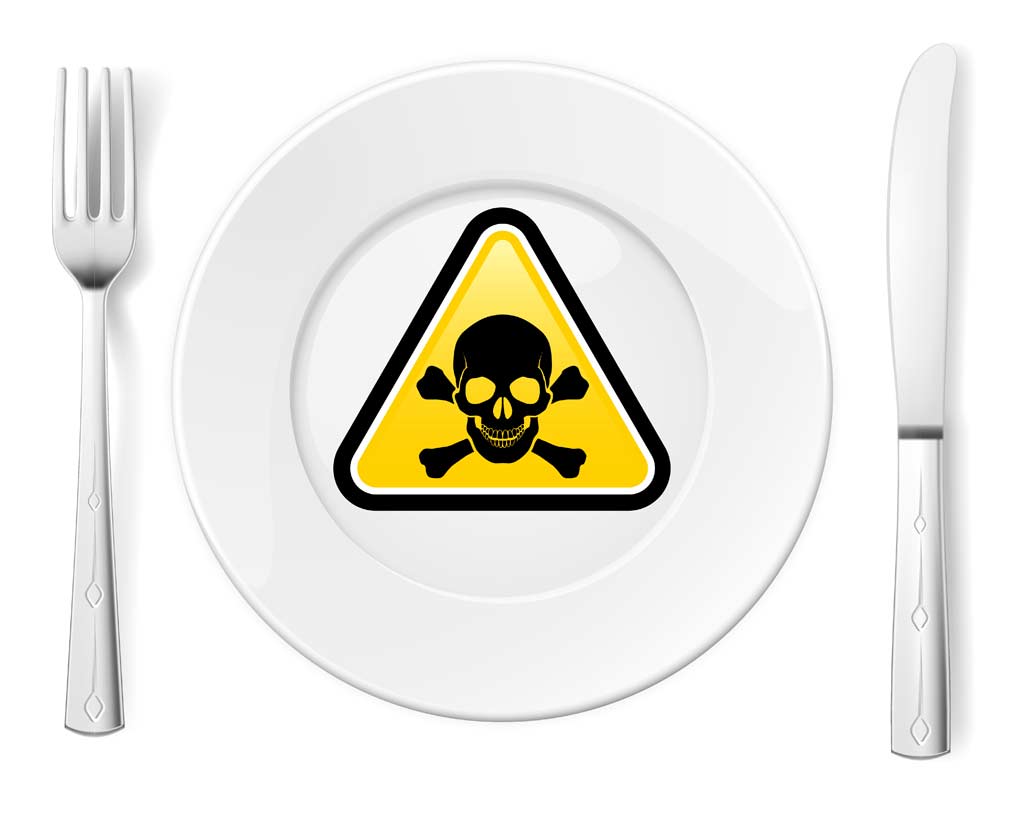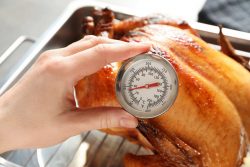- Advertisement -

Popular
Food Safety for Raw Oysters
Raw shellfish (e.g. oysters, clams, mussels) can pose an increased risk to be contaminated - as they are filter feeders and become contaminated when their waters are polluted with raw sewage and bacteria.
Turkey Food Safety Tips
Raw poultry (turkey, chicken, duck, goose, quail, etc.) may contain harmful bacteria such as Salmonella and Campylobacter. Proper preparation, cooking, and storage procedures must be followed - or a foodborne illness can occur.
Why is food safety training & certification necessary?
Food safety not only affects continued patronage and sales of a food service business, but also public safety. Many businesses require food safety training, so being food safety trained will increase your chances of employment. Furthermore, businesses are willing to pay higher wages to those trained.
Food Safety for Grilling Parties
Summer's almost over and it's time to plan for one last long weekend party. But remember, it's still warm - so that presents increased food safety dangers. Savor the end of summer with good food and friends - and not a foodborne illness.
Food Safety for Seafood
The safe handling of seafood is essential to reducing the risk of foodborne illness. Follow basic food safety tips for buying, preparing, and storing fish and shellfish — so you and your family can safely enjoy the fine taste and good nutrition of seafood.

























